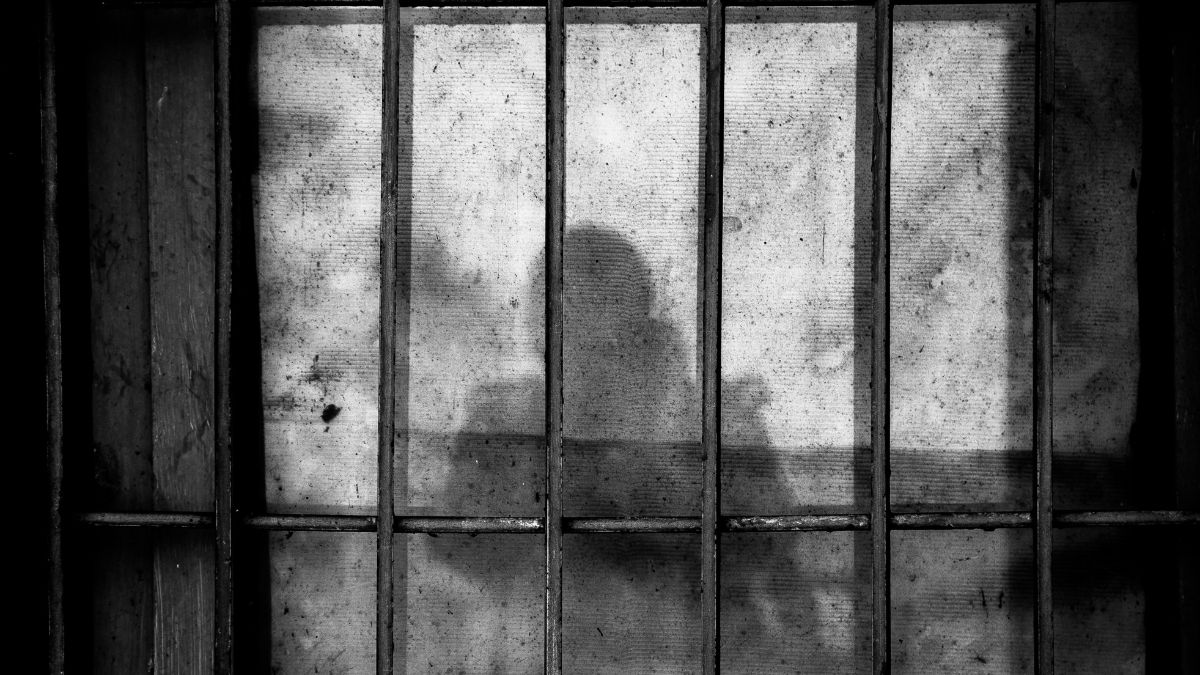

BreakPoint
Christianity and Public Education (Part 3)
Sharon works in a public elementary school in Minnesota. Each year the halls of her school are decorated with voodoo masks or images of Aztec gods that the students make in art class. In January, Chinese New Year symbols are posted on the walls of the cafeteria and the children are encouraged to figure out which symbol their birthday is attached to. "Yet," she laments, "at Christmas, nobody can talk about Christmas or have any Christmas decorations up -- especially a tree." The children aren't allowed to sing Christmas carols. And on the last day of school before Christmas break, the school celebrates, not Christmas, but "Back to the Fifties" with decorations and clothing from that era, and fifties music blaring in the cafeteria. Sharon asks, "Whatever happened to our American culture and national holidays?" What happened is that fear, intimidation, and outright misinformation about what's legally permitted in public schools has created an education system that, all too often, fails to teach students about the very culture they belong to. Eric Buehrer, the author of a new article on our BreakPoint website, called "Integrating Faith and the Public Schools Without Mixing Church and State," says that legal confusion has led to mis-educating students about American culture. For example, a school district in Wisconsin published a directive on holidays for teachers that said: "Thanksgiving is a national custom. Please try to avoid religious connotations." Imagine! Absolutely contrary to the historical accounts of how Thanksgiving began. The fact of the matter is that the Supreme Court believes that students are learning about the religious nature of our holidays. In the case of Lynch v. Donnelly, involving public display of a nativity scene, the justices commented that during Christmas "people are taking note of the season with Christmas hymns and carols in public schools." The Court assumed public school children were singing religious Christmas carols. Beyond holidays, however, confusion about what's legally permitted to teach about Christianity has led many teachers to simply gloss over or ignore significant information about the impact of Christianity on our society. Contrary to what most people think, it is lawful for students to learn about the Christian beliefs that motivated people like Martin Luther King, Mother Teresa, and George Washington. They can learn about the faith that motivates the men in the Promise Keepers movement; and they can learn why Prison Fellowship's faith-based approaches to prison reform have been so successful. They can read the speeches of presidents as, each year, they proclaim a National Day of Prayer, and Thanksgiving Day. In other words, they don't have to pretend that we're an atheist country. In his article, Eric Buehrer offers this rule of thumb: "When there is a legitimate academic reason and it can be done without admonishing students to accept a religious belief, educators can teach students about Christianity." The law does not require teachers to mislead or misinform students about the significant impact Christianity has on our nation and the world. But you and I need to educate the educators. Give the teachers and school administrators in your area a copy of this article and other material we'll send you if you call us. Christians need to help school officials understand that they can teach the truth without fear.
10/10/01















